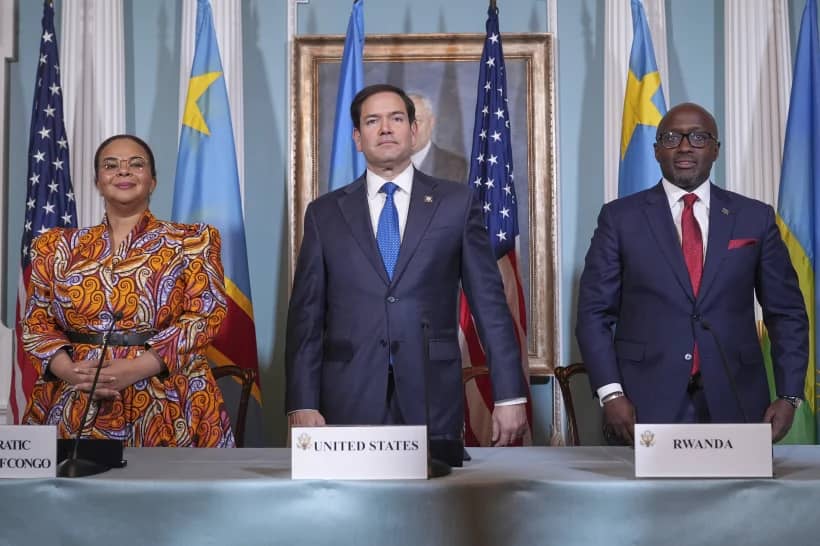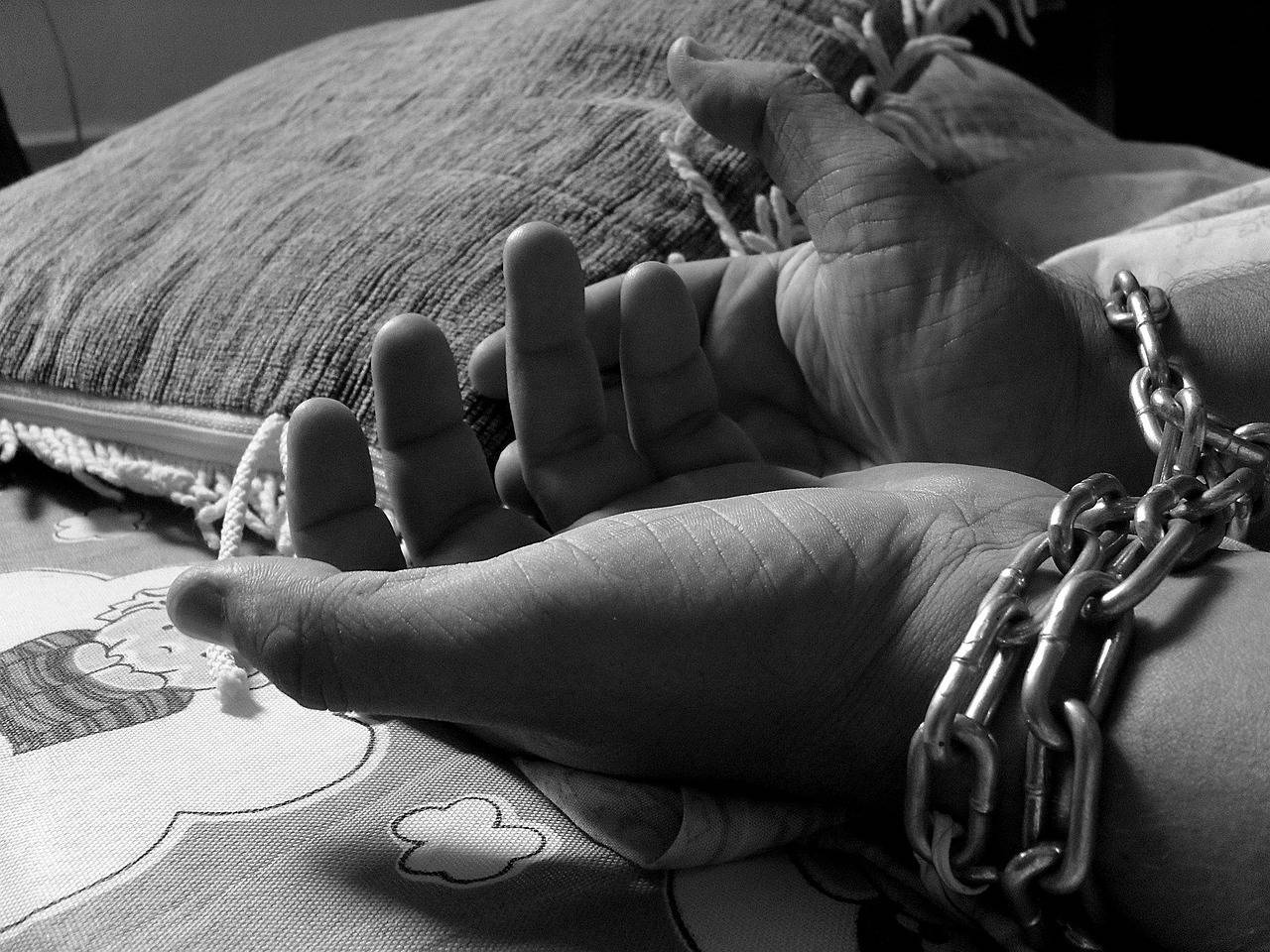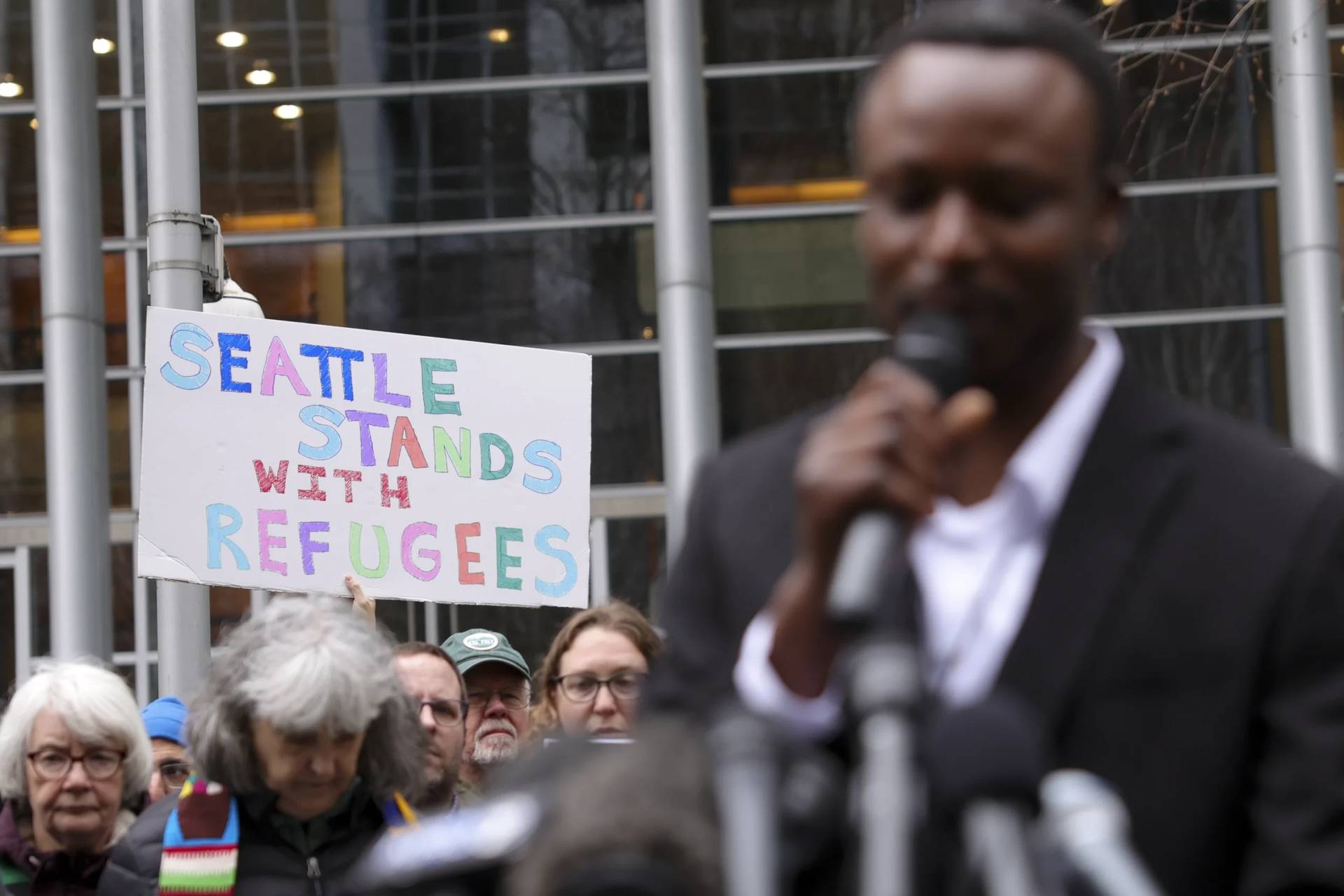YAOUNDÉ, Cameroon – An offer to mediate in the country’s post-election crisis by the bishops of Benin has been questioned by a leading academic in the country.
Violent demonstrations began after the April 28 poll, which only involved two parties that supported President Patrice Talon, who has been in office for three years. Opposition political parties, who waged a futile campaign for electoral reforms, were disallowed by Benin’s electoral commission just weeks before the vote.
At least two people died in the protests, although the opposition says the number is higher.
The country’s bishops condemned the violence in a May 3 statement.
“Stop the violence: Preserve peace and national unity,” the statement said.
“The noxious atmosphere in which the parliamentary elections took place on April 28 as well as the incidents and violence that affected the voting in some areas, the low election participation and the unimaginable scenes of violence in Cotonou on May 1 with their number of victims are all greatly concerning,” the bishops wrote.
They also expressed their “compassion and spiritual proximity to the victims of the various acts of violence perpetrated throughout the nation’s territory.”
The prelates appealed to the people to “abstain from resorting to violence in the situation that the nation is currently experiencing,” and called on the country’s political leaders to dialogue and offered to mediate in such a dialogue.
“Violence can’t constitute a valid answer to a socio-political problem,” the bishops said.
Nearly 27 percent of Benin’s population is Catholic, making it the single largest religious group in the country.
However, the director general of the University Institute of Benin has accused the bishops of trying to stop a revolution against the government and faulted them for not speaking about past abuses by the authorities.
“Where were the bishops when the stalls of the small traders were being ransacked, when all freedoms were being taken from us, when reforms – unilaterally crafted – were being imposed on all sectors, when public demonstrations were banned, when people were thrown into jail because of their opinions or forced to go in exile?” Albert Gandonou asked.
He said the stance of the bishops was of “hypocrisy and cynicism.”
“Our bishops ‘firmly condemn all acts of violence and vandalism in all its forms.’ Oh, that looks good, neutral, humanitarian. But who doesn’t see the duplicity of accomplices who didn’t utter a word when basic rights were being violated?” Gandonou continued.
He said the bishops were trying to “stifle” the “people’s revolution.”
“Peace isn’t a value without justice; when it acts like a cover for exactions, oppression and exploitation of the poor. Our God has always stood by the poor, the oppressed, and those whose hearts are overwhelmed b injustice and suffering,” the continued adding that without justice and freedom, democracy was a “peace of the graveyard.”
However, the bishops have rejected this interpretation of their actions.
Bishop Antoine Sabi Bio of Natitingou made a statement over the radio saying that he disapproved of the post-election violence because “we can never be happy standing against each other.”
“Never against each other, but always together for the greater good of this beautiful nation that God has given us,” the bishop said.
Despite Gandonou’s accusation the bishops support the regime, the episcopal conference issued a statement in February expressing concern “progressive installation of a climate of fear” in Benin.
They said then that the fear stemmed from the precarious conditions under which people live, and attempts to reverse the gains that had been made in the country in terms of freedom of expression.
Their March Lenten message was more positive, emphasizing the possibility of being a good Christian and a politician at the same time.
“Even if prayer and devotion is personal and can be done privately, the daily practice of faith and Christian values must be seen in the social and political life of the Christian. All dichotomies between the professed faith and daily life is hypocrisy, because faith without work is a death,” the bishops’ Lenten statement said.


















